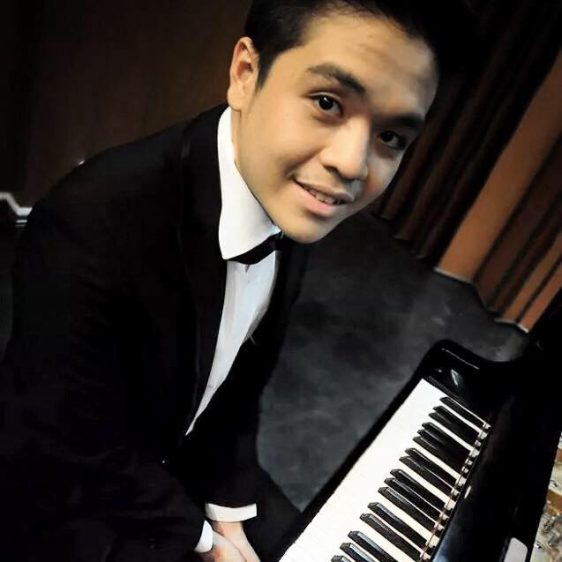Graduate Student
College of Letters and Sciences | Mead Witter School of Music
Hometown: Tarlac, Philippines
James Carl Osorio is a graduate student of piano and historical musicology at the University of Wisconsin-Madison. His research interests include music in concentration camps (1933-1945), genocide studies, Philippine musical modernity, popular music, and inclusive/innovative pedagogies. He has presented in various national and international conferences in the U.S. and abroad.
Talks:
Music of Postcolonial Philippines
To trace the progression of Filipino music and its influences is inevitably a conversation entangled with the history of the country. When the Americans recognized Filipino’s sovereignty in 1946, the country charged itself in reconstructing its cultural identity. There are two things to consider here: the implications of the colonial violence that the Filipino people endured for almost four centuries, the repercussions of the Second World War, and similarly, the two-decade dictatorship of Ferdinand Marcos, whose wife Imelda Marcos, became the so-called patroness of Filipino arts, despite his administration’s corruption and controversy. Around this time of rebuilding, decolonization, and dictatorship, many Filipino composers emerge as mobilizing figures in searching and shaping Filipino musical identity and modernity.
Artivism through Constructivism: Innovative Strategies for the Music Classroom
In what ways can music be used as a form of activism? How can artivism be included the music curriculum? This lecture presents strategies in engaging group piano students with artivism through a constructivist lens.
Silenced Dirges: The Song Testimonies of Armenian Genocide Eyewitness Survivors
How do songs during the course of the Armenian Genocide construct an understanding of the experiences and suffering of the Armenian people at the hands of the Ottoman Empire?
Musicking in the Key of Genocide
Who are the composers persecuted during the Holocaust? What stories do their musical works tell us that history doesn’t?
